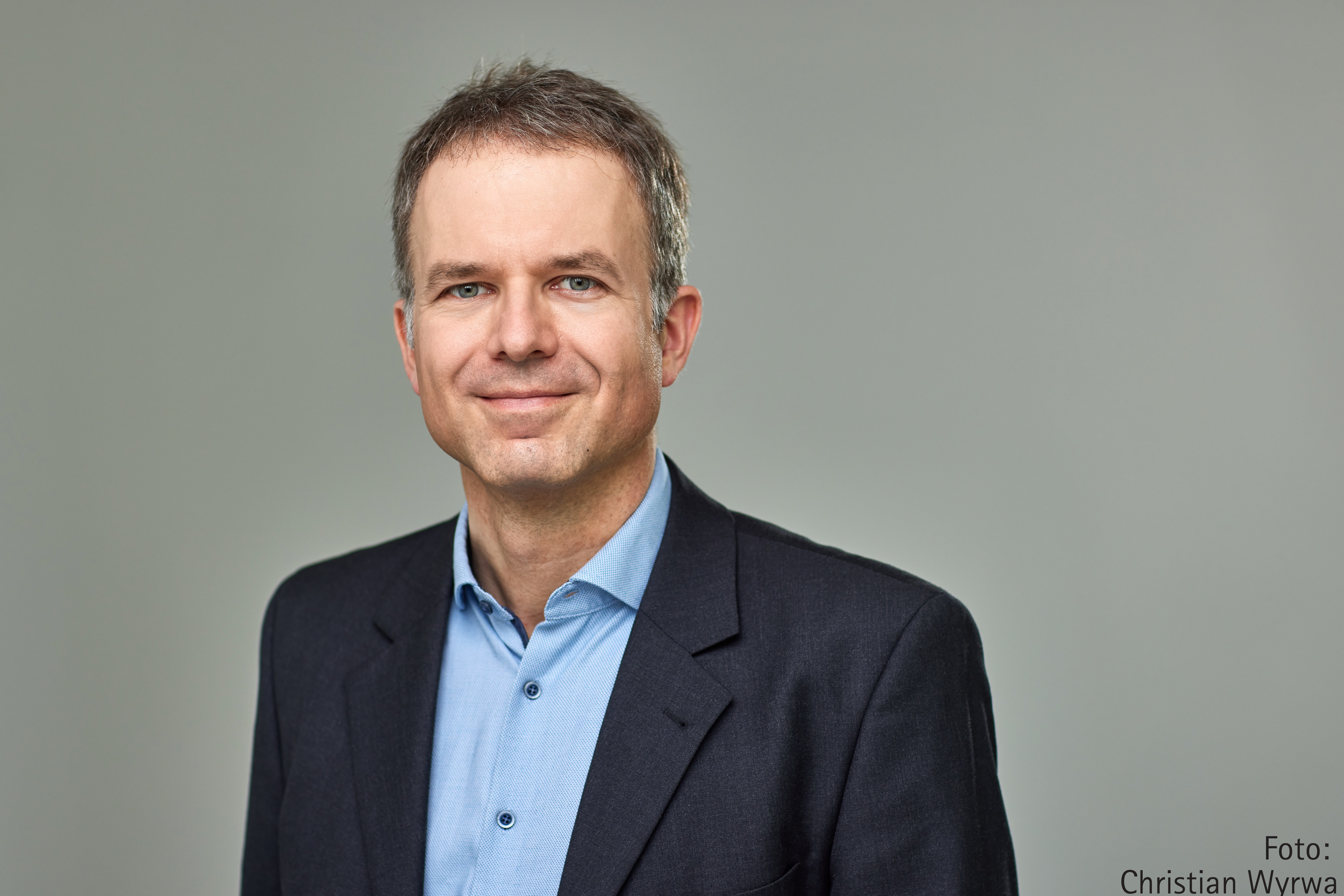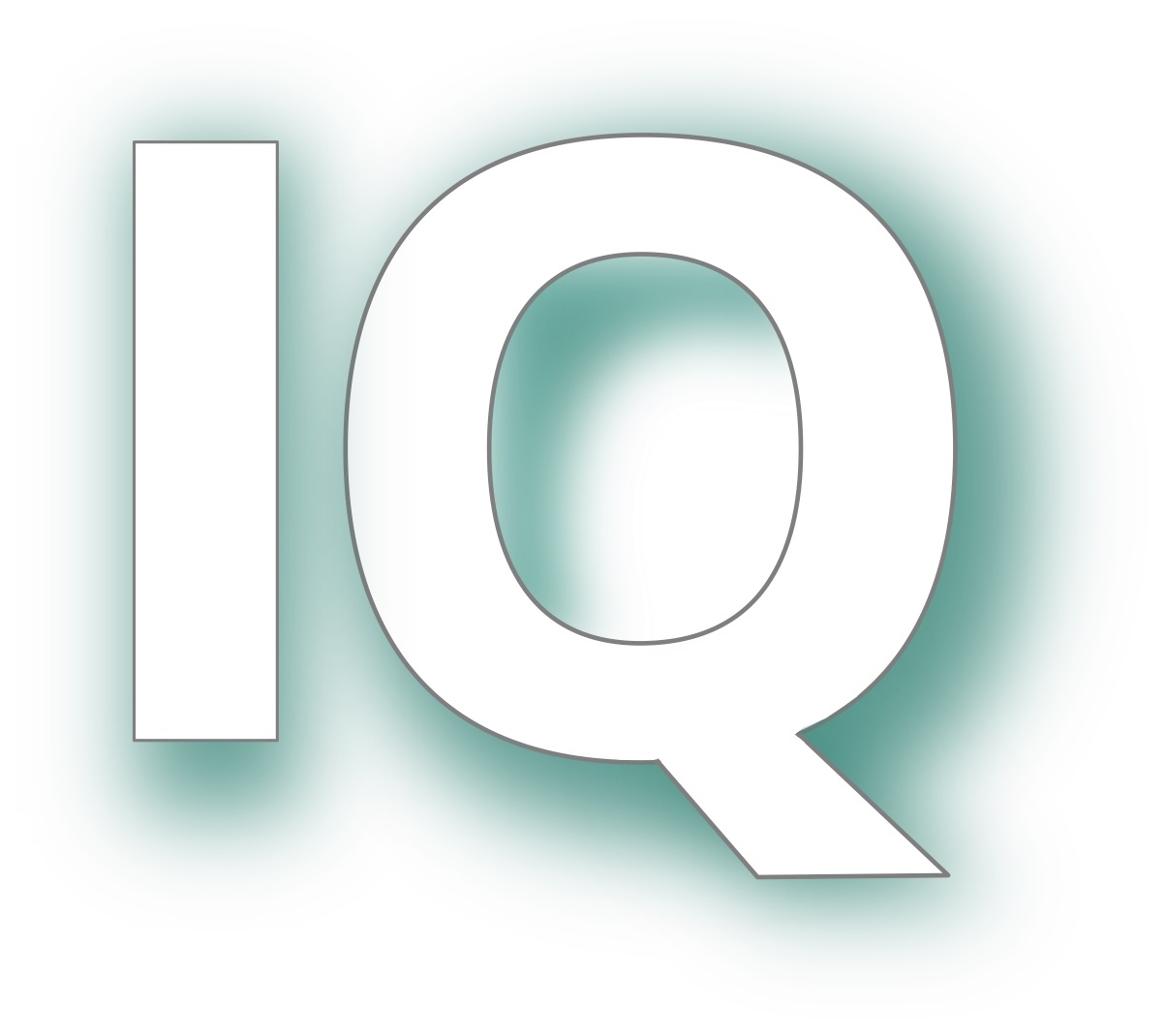About the Seminar
The seminar will explore recent exciting developments in the generation, manipulation and detection of specially designed quantum states. These advances will be discussed at the rich intersection of metrological applications, fundamental tests and quantum many-body physics.
Topics covered in the seminar include the following questions: Which quantum correlated states provide the most promising gain for metrology in specific applications? How can they be generated? What is the influence of classical noise on such quantum systems? How can its influence be minimized or eliminated? In which ways can decoherence be even helpful? How can engineered decoherence be used to generate specific useful states? How big can macroscopic objects with observable quantum properties become? In which ways can different quantum systems be coupled to realize new applications and generate hybrid approaches to quantum control? In which ways can state control at the few-body level be optimally scaled to contribute to a better understanding of quantum many-body physics?
These questions are at the current forefront of research in state engineering, metrology and quantum many-body physics. The seminar will bring together leading experts to discuss new developments in this thriving field. The topics covered by the workshop include:
- Quantum Metrology
- Quantum State Engineering
- Atom-Photon Entanglement
- Designed States in Optomechanical systems
- Atom interferometry with nonclassical states of matter
- Atomic clocks and fundamental tests
The conference language will be English. Please note that the total number of participants is limited. The organizers invite PhD students to apply and to contribute to the poster session.
List of Invited Speakers
Session Quantum Metrology (QM)
- Rafal Demkowicz-Dobrzanski, University of Warsaw Poland
- Michael Foss-Feig, Jqi, Joint Quantum Institute, Gaitherburg, MD, USA
- Augusto Smerzi, University of Florence, Italy
Session Quantum State Engineering (QSE)
- Christopher Monroe, University of Maryland, MD, USA
- Giovanna Morigi, Universität des Saarlands, Saarbrücken, Germany
- Christian Roos, Universität Innsbruck, Autria
- David J. Wineland, NIST, Boulder, Co, USA
- Peter Zoller, Universität Innsbruck, Austria
Session Atom-Photon Entanglement & Cavity QED (APE)
- Tilman Esslinger, ETH Zürich, Switzerland
- Tracy Northup, Universität Innsbruck, Austria
- Arno Rauschenbeutel, Vienna University of Technology, Austria
- Jakob Reichel, Laboratoire Kastler Brossel de l’E.N.S., Paris, France
- Tatjana Wilk, Max Planck Institut für Quantenoptik, München, Germany
Session Opto-Mechanical Systems (OMS)
- Markus Aspelmeyer, Universität Wien, Austria
- Tobias Kippenberg, EPFL, Lausanne, Switzerland
- Konrad Lehnert, JILA, University of Colorado, Boulder, CO, USA
- Florian Marquardt, Universität Erlangen, Germany
- Eva Weig, Universität Konstanz, Germany
- Albert Schliesser, University of Copenhagen, Denmark
Session Atom Interferometry using entangled states (AI)
- Carsten Klempt, Leibniz Universität Hannover, Germany
- Markus Oberthaler, Kirchhoff Institut für Physik, Heidelberg, Germany
- Wolfgang Schleich, Universität Ulm, Germany
- Jörg Schmiedmayer, Technische Universität Wien, Austria
- Philipp Treutlein, Universität Basel, Switzerland
Session Atomic Clocks and fundamental tests (ACFT)
- James Chou, NIST, Boulder, CO, USA
- Tanja Mehlstäubler, Physikalisch-Technische Bundesanstalt Braunschweig, Germany
- Monika Schleier-Smith, LMU, München, Germany
- Tanya Zelevinski, Columbia University New York, USA
- Markus Arndt, University of Vienna, Austria
- Christophe Salomon, Laboratoire Kastler Brossel, Paris, France
Location "Physikzentrum Bad Honnef"
The Physikzentrum Bad Honnef (PBH) is run by the German Physical Society and supported by the University of Bonn and the state of North Rhine-Westphalia. The stately mansion housing, the Physikzentrum, is surrounded by a park at the foot of the Siebengebirge („the Seven Hills") on the right bank of the river Rhine. In the immediate neighborhood an extensive net of hiking-paths in Germany's oldest nature preserve invites pleasant short or long walks. Local public transport offers convenient access to the nearby cities of Bonn (15 km) and Cologne (40 km) with many cultural and scientific attractions. Due to its central location PBH is easy to reach from all countries.
Since 1976 the Physikzentrum Bad Honnef serves as the main meeting point of the German Physical Society (DPG). It offers a secluded setting for research conferences, seminars, and workshops, and has proven to be especially stimulating for fruitful discussions.
Scientific Organizers
30167 Hannover


30167 Hannover


30167 Hannover




